In April 2020, Scottish government had diverged from the central British government, and published a framework for decision making on Covid-19 which notably included the assertion that there would be no acceptable number of Covid-19 cases, and that no one would be intentionally exposed to this virus.
By July 2020, Scottish Government adviser and DELVE member Devi Sridhar had prematurely attributed Scotland’s apparent early ‘first wave’ success to cautious easing of lockdown, early use of Test and Trace, clear messaging and a high degree of trust in Nicola Sturgeon.
Over the course of the pandemic, we would see politicians misrepresenting statistics as a means of political point-scoring, but the same politicians were conspicuously inaudible when infection rates looked less favourable, as viruses do what viruses do. There were fears from certain quarters that the open Anglo-Scottish border would undermine Scotland’s attempts to achieve ‘Zero Covid’ (elimination of the virus from the country).
Sridhar’s early support of Zero Covid aligned with the position taken by Independent SAGE, a self-established group of scientists who had assumed the mantle of Covid expert advisers in 2020 and whose views were extensively platformed through the mainstream and scientific press. The similarity in name nurtured some confusion with ‘official’ SAGE, and this misunderstanding may even have pushed public opinion towards favouring more severe restrictions. In July 2020, Independent SAGE took the position that schools should not open until the UK had reached ‘Zero Covid’ and some members continuing to push for this, well into 2021.
Within Zero Covid social media echo-chambers, purity spirals appeared to flourish, where more and more extreme views were amplified and nuance ignored. A purity spiral occurs when a community ‘becomes fixated on implementing a single value that has no upper limit, and no single agreed interpretation’.
With respect to face coverings, home made sock & bandana masks were abandoned in favour of stylish 3-layer home-made masks and disposable fluid resistant surgical masks. Transparent masks and face-shields came and went, then we saw mask ‘hacks’ for a better fit - tape, ties, pantyhose, 2 or 3 overlapping masks.
Later came N95/FFP3 masks, HepA filters, CO2 monitors and more sophisticated respirators. When these failed, rather than conceding that their masks hadn’t worked, we saw fury aimed at those not behaving responsibly and new recommendations for DIY face-fit mask testing.
Two years into the pandemic, Scottish councils were given £5m funding to improve airflow in classrooms to ‘slow the spread of Covid’. As well as installing filters and fans, £300,000 was earmarked to chop the bottom off classroom doors to improve airflow. When opposition parties raised fire safety concerns, Sturgeon defended the door chopping plans as ‘basic common sense’, accusing opposition parties of ‘taking an "infantile approach".
We were shown displays of children in masks, toddlers in masks, and reassured that they were all happy and well-adjusted. Making it up as he went along, Fauci agreed that children should not play together without masks ‘until they were vaccinated’. Invoking the new inverted ‘precautionary principle’, he merely hoped that forcing children to wear masks wouldn’t have a lasting negative impact.
Eventually, experts would start to report an increase in babies and toddlers with "limited vocabularies”, who struggled to understand facial expressions and displayed delayed speech and language development. People had warned in 2020 that this would happen, and about the potential importance of mirror neurones in speech and language development, but they were, of course, ignored.
Sweden, as it turned out, had the lowest overall cumulative excess deaths in countries analysed by the OECD during the pandemic era from March 2020 to June 2022 and Sweden’s children were never required to wear facemasks.
It took CNN’s Leana Wen 15 months to change position from one of advocating mandatory masking of unvaccinated children, to speaking out against masking children, but only after her own child’s language development had been stunted by masking. This move did not go down well with some of her followers, who took the contrary position that she had previously encouraged.
Normalising the Abnormal
In April 2023, a Montessori school in upstate New York continued to impose some of the most extreme pandemic measures for children, including silent lunches and outdoor masking over three years. Some kids had apparently ‘grown so forlorn and desperate’ during silent lunch that they ‘made up their own sign language so they could communicate with each other’. Student musicians were masked, even outdoors, surrounded by hordes of unmasked onlookers. A parent created a cloth mask with a special slit for her child to blow through into her wind instrument. Parents reportedly didn’t agree with the rules, but didn’t want to make a fuss, as some teachers had threatened to leave if the policies were changed.
Policymakers had not adequately balanced the costs and benefits of interventions, in particular for children. Moreover, there was no defined end date or specific benchmarks for the end of recommendations, which meant that even after restrictions were no longer mandated, some schools or districts were at liberty to continue the directives for as long as they deemed appropriate.
Alarmingly, the CDC continues to recommend masking children as young as 2 years old, to prevent Covid in 2023. Such is their commitment to masking, that they go on to qualify this advice,
‘If your child has a hard time breathing, gets dizzy, or has other symptoms while you are trying to get the mask to fit better or when using an ASTM F3502 mask or a respirator, choose a cloth or disposable mask. They should continue to protect themselves and others. Consult your healthcare provider if these symptoms do not resolve.’
On this point, substacker Eugyppius acerbicly remarks, ‘They accept that these masks may actually hinder respiration to the point of causing dizziness, in which case they advise parents to use less restrictive cloth masks, which do not even have the pretence of evidence in their favour. All of this is for the demographic that faces the least risk of Covid infection and probably the greatest risk from masking, which interferes among other things with communication and language development.
In NHS England, face masks requirements were dropped in June 2022, but many places still enforced them. In NHS Scotland, extended use of face masks remained ‘strongly recommended’ until 16th May 2023. For a long while it looked as if NHS staff would be covering their faces in perpetuity and a small number of enthusiasts would have had it so.
Behavioural psychologist Professor Susan Michie, member of SAGE and independent SAGE, famously suggested that face masks should continue ‘well into the future, to some extent forever’, to help suppress other viruses and boost public health. Michie defended her extreme position, comparing masking to seatbelts or picking up dog poo in the park. She suggested that in future, people would likely adapt their behaviour in line with changing times, checking they had a face mask on them when they left the house in the same way people remember their wallet and keys when leaving home. She said: “It's not going to be a huge big deal, the kind of changes we're talking about.” Michie, for her failures, is now chair of the WHO Behavioural Advisory Group.
After Covid-19 mask recommendations were dropped in Japan, most commuters continued to wear them, though they had never been legally mandated. Little surprise, in a country where, in 2009, counsellor Yuzo Kikumoto coined the term ‘mask dependency’ to describe a trend for people to wear surgical masks not for the purposes they were intended for, but because they had grown used to living behind the anonymity of a mask. This has been likened to an addiction and at the extreme, people cannot talk to others without wearing a face mask.
In a 2012 article, ‘More Japanese youth wearing surgical masks to hide their face’, students are quoted as saying, “I don’t want to show others my true self”, “Since my face is covered, people don’t know how I’m really feeling. It’s comforting,” and “I don’t like having to create facial expressions for people”. Young people who started their working careers during the pandemic have never shown their faces to their co-workers, and many are now worried that their “real face” will be a disappointment. However in spite of their devotion to masks, Covid-19 deaths in Japan hit an all-time high in January 2023.
From 2020 to 2022 the world bought 928 billion masks at a cost of $389 billion.
In 2021, a team in Swansea discovered that disposable face masks release toxic bio-accumulative heavy metals and nano-plastic fibres into the environment. Every mask tested leached chemicals when submerged. The public health and environmental ramifications are as yet unknown.

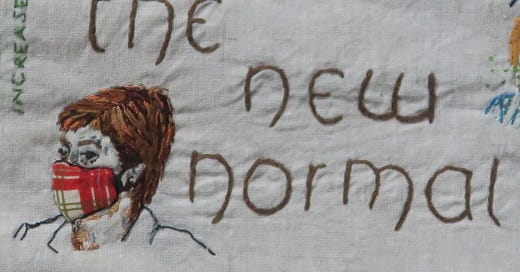




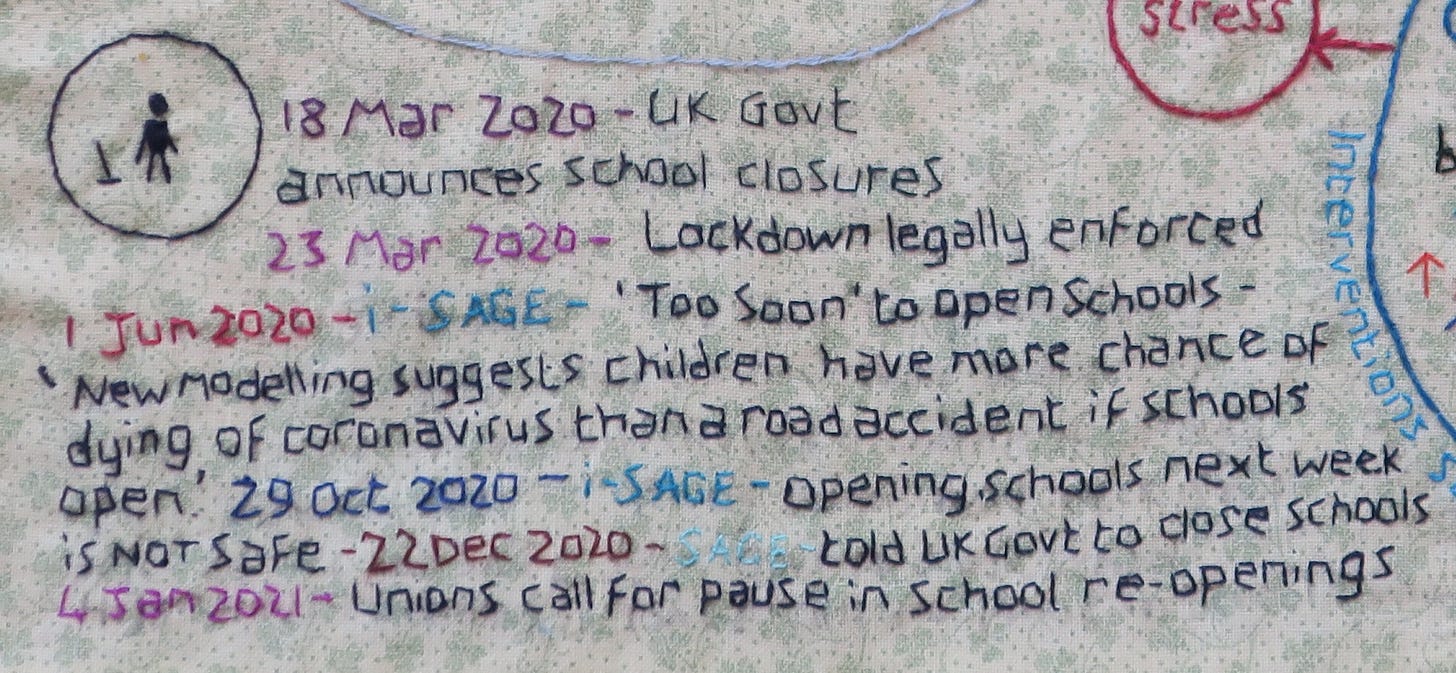
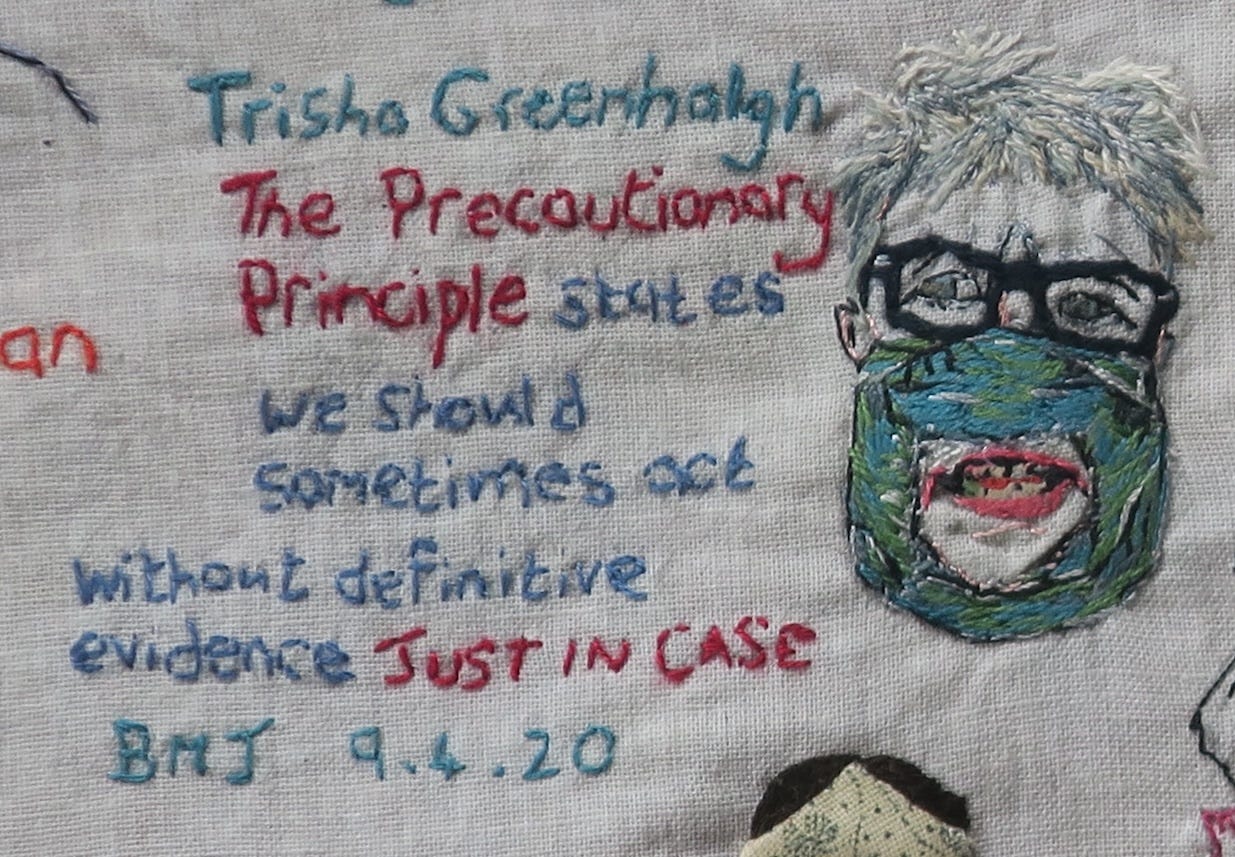
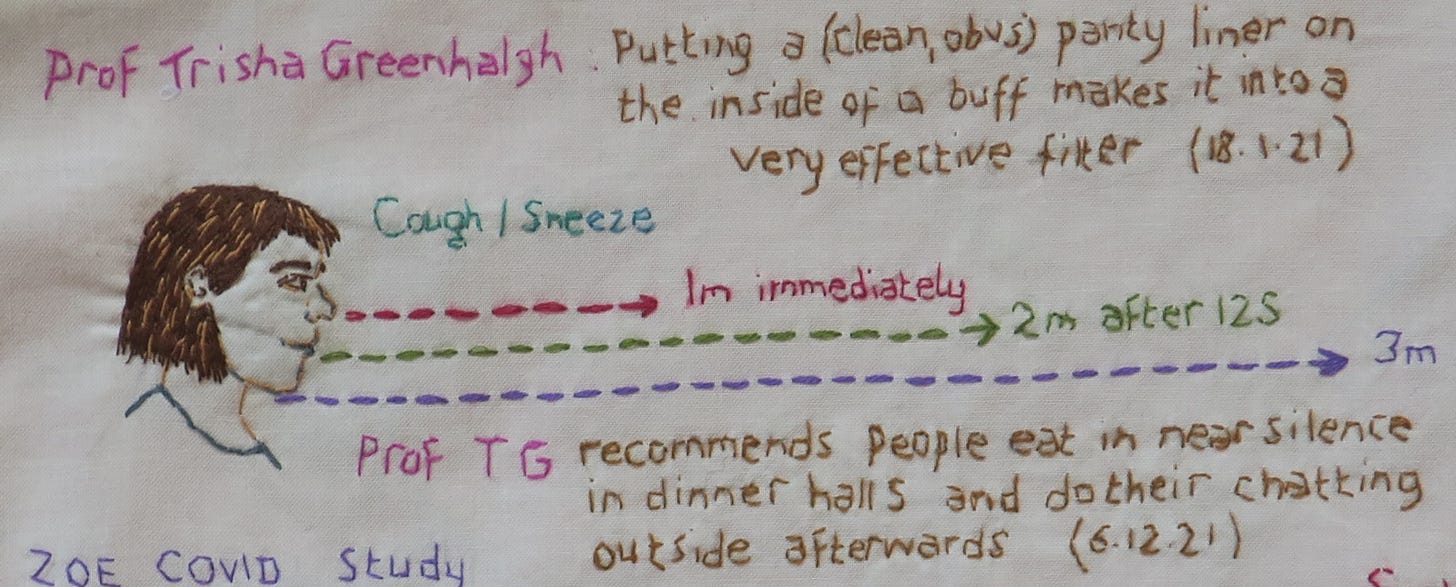

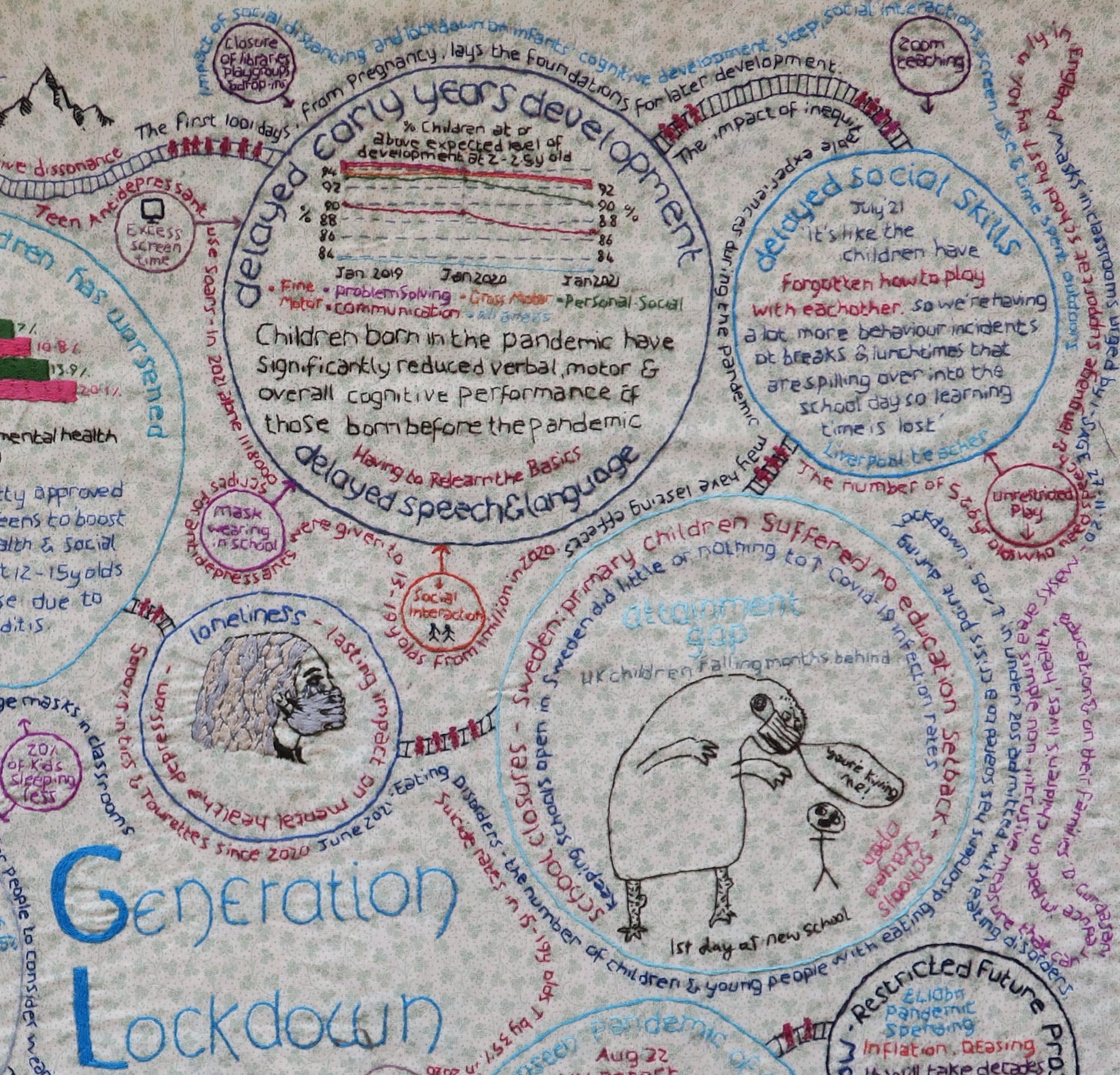


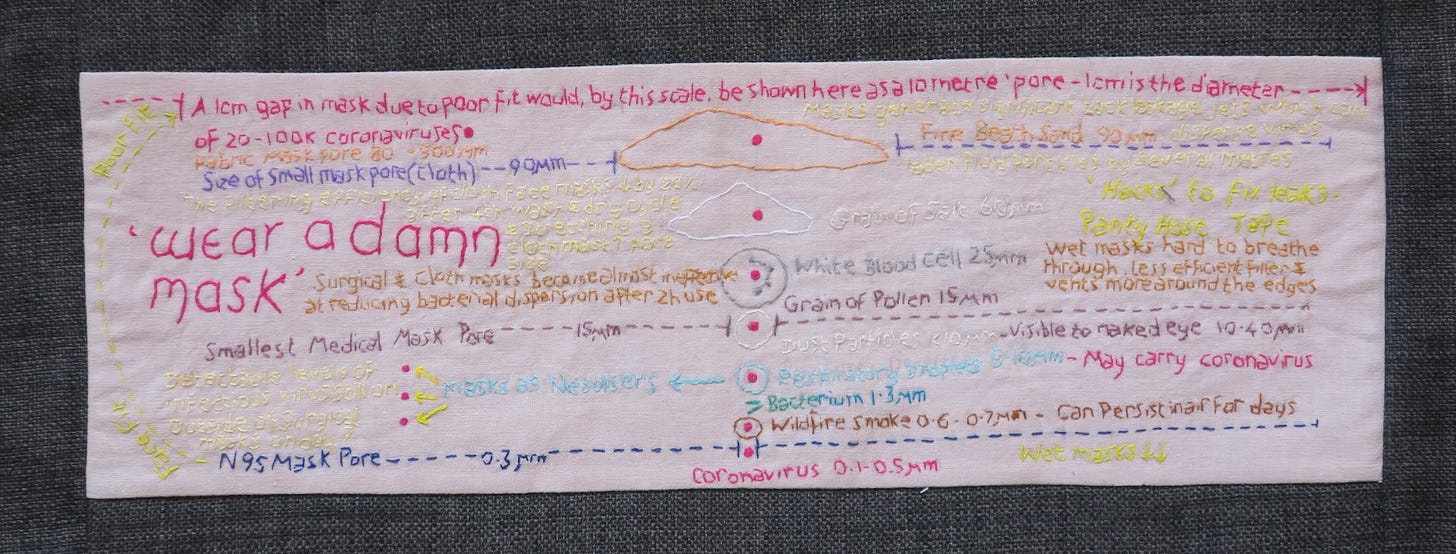

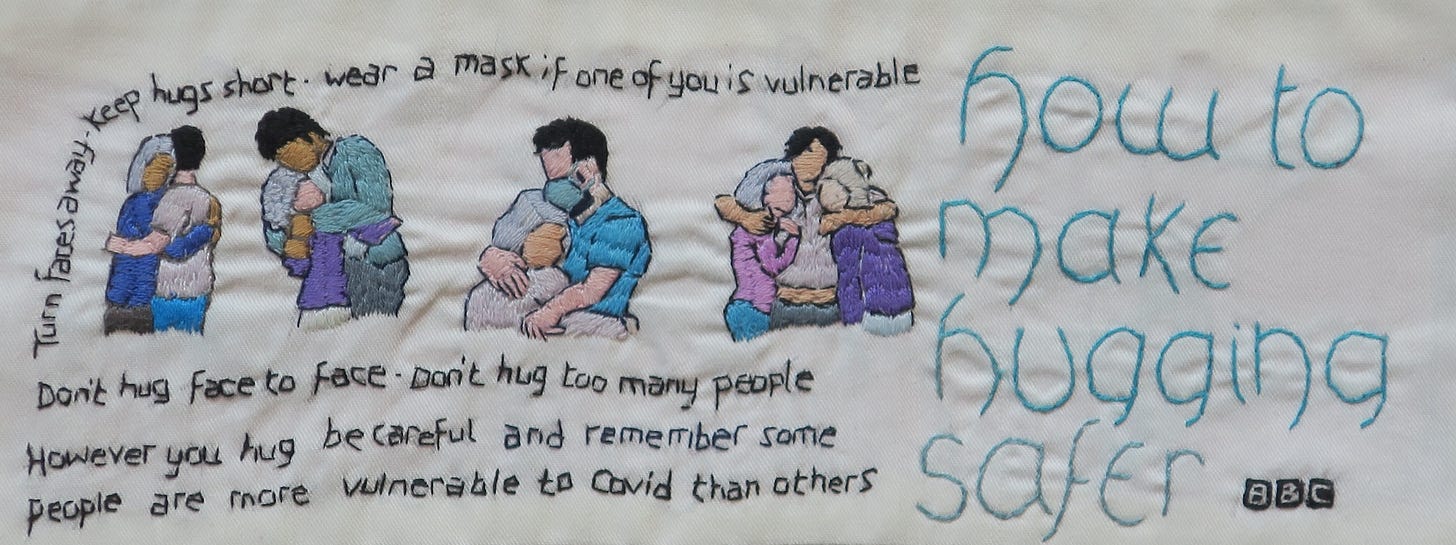
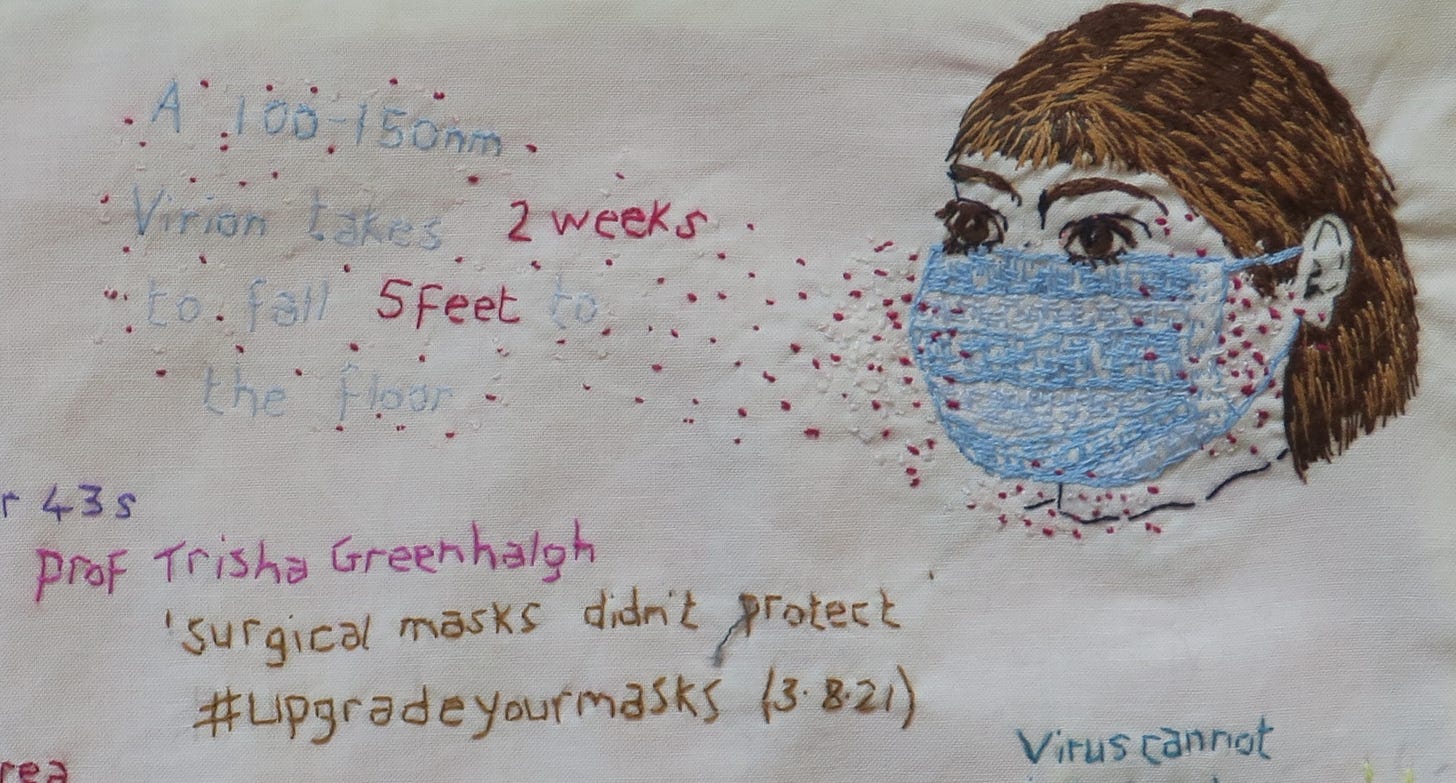
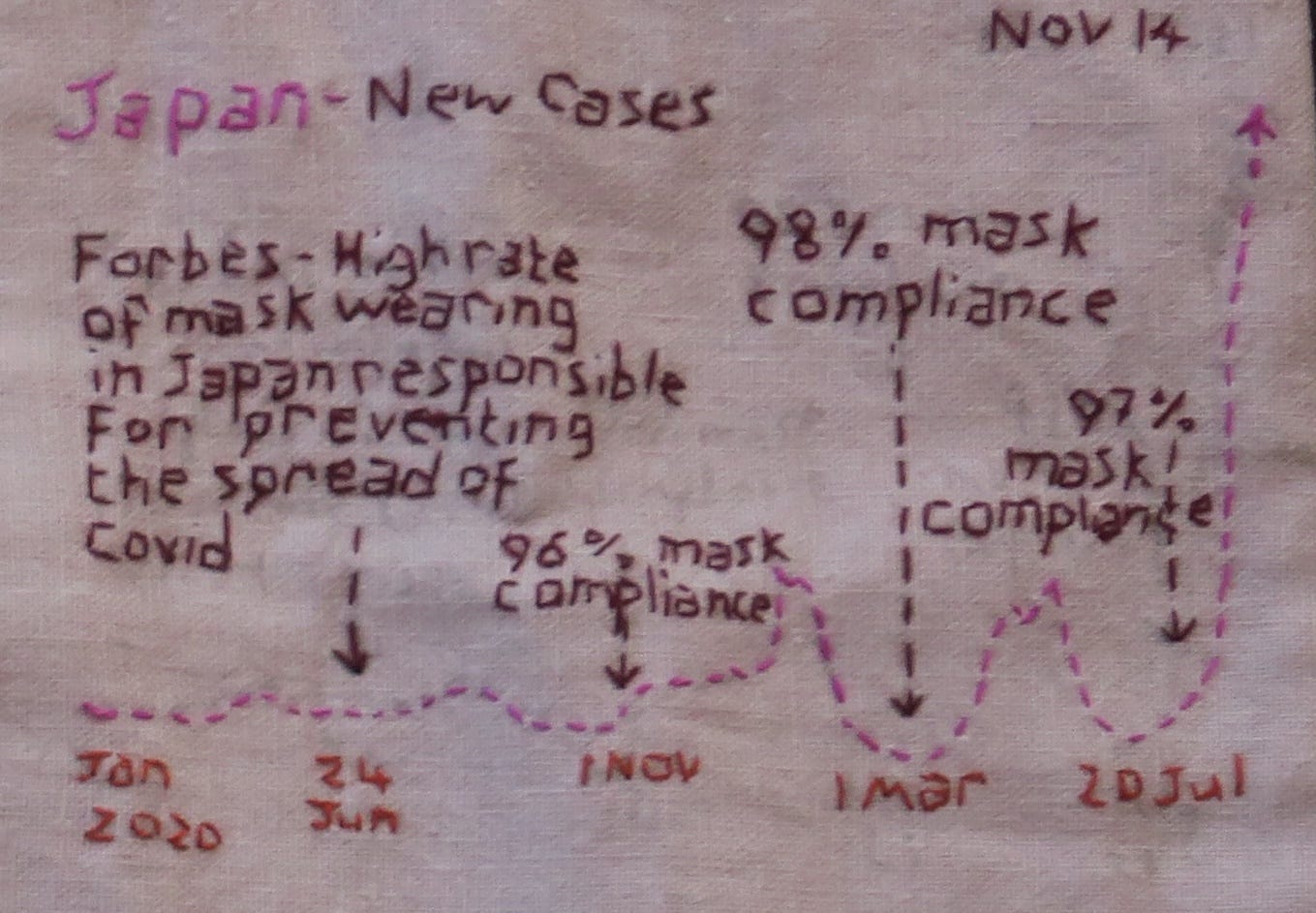
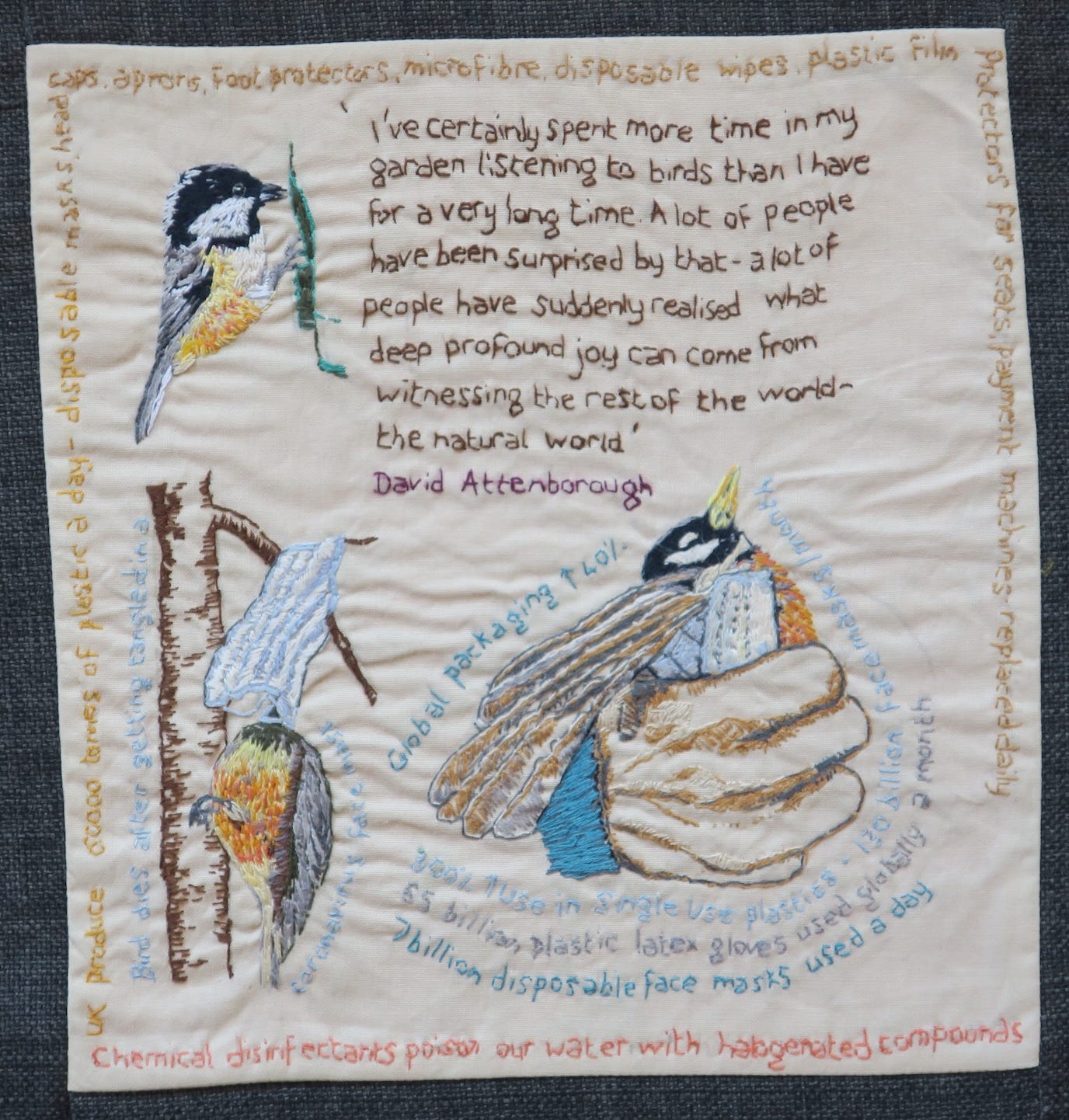
Devi Sridhar,
Nicola Sturgeons favourite spokesperson, though a professor in the dept of public health Edinburgh University is an anthropologist. Michie is a psychologist and 40year member of the communist party of Great Britain.. None of the experts in the article are medically qualified. Does that say something